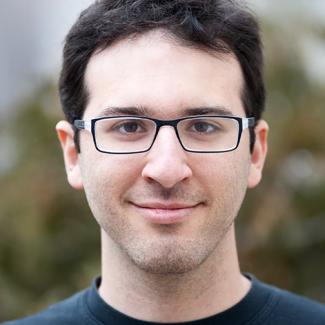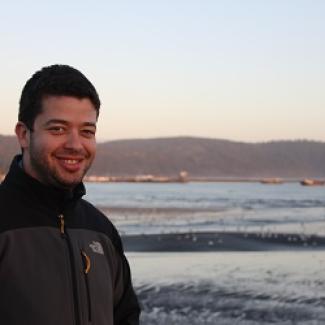
Since their inception almost three decades ago, probabilistically checkable and interactive proof systems have served as lenses through which to view and solve disparate problems in computational complexity. Yet one of their most compelling uses is a direct one: a party wishes to convince another party of a statement and, due to a lack of a trust relationship, does so by way of a proof system. Crucially, this paradigm provides benefits such as speedups in verification time, or zero knowledge.
The increased demand for efficient proof systems has motivated intense research, across theoretical and applied conferences, that studies proof systems both from a practical perspective as well as posing theoretical questions motivated by practical concerns.
This workshop will focus on theoretical and practical aspects of such "positive" uses of proof systems. Topics will include probabilistically checkable and interactive proofs, argument systems, transformations from programs to circuits, and hardware implementations.
Ittai Abraham (VMware), Yehuda Afek (Tel Aviv University), Gal Arnon (Weizmann Institute of Science), Nicholas Arnosti (Columbia University), Eli Ben-Sasson (Technion - Israel Institute of Technology), Amey Bhangale (The Weizmann Institute of Science), Dan Boneh (Stanford University), Joseph Bonneau (NYU), Jonathan Bootle (IBM Research- Zurich), Sarah Bordage (École Polytechnique), Elette Boyle (IDC Herzliya), Zvika Brakerski (Weizmann Institute of Science), Benedikt Bünz (Stanford University), Ran Canetti (Boston University), Alessandro Chiesa (UC Berkeley), Kai-Min Chung (Academia Sinica, Taiwan), Henry Corrigan-Gibbs (Stanford University), Vincent Danos (CNRS), Srini Devadas (Massachusetts Institute of Technology), Georg Fuchsbauer (INRIA), Ariel Gabizon (Protocol Labs), Eli Gafni (UCLA), Chaya Ganesh (Aarhus University), Rosario Gennaro (City University of New York), Craig Gentry (IBM T.J. Watson Research Center), Sergey Gorbunov (University of Waterloo), Prahladh Harsha (TIFR), Christopher Hickey (University of Warwick), Justin Holmgren (Princeton University), Yuval Ishai (Technion - Israel Institute of Technology), Muhammad Ishaq (University of Edinburgh), Yael Kalai (MSR), Jonathan Katz (University of Maryland), Dakshita Khurana (Microsoft Research), Swastik Kopparty (Rutgers University), Alex Lombardi (MIT), Yun Lu (University of Edinburgh), Mike Luby (ICSI), Giulio Malavolta (Friedrich-Alexander University (Erlangen-Nürnberg)), Dahlia Malkhi (Calibra), Mary Maller (University College London), David Mazières (Stanford University), Sarah Meiklejohn (UCL), Claudio Orlandi (Aarhus University), Babis Papamanthou (University of Maryland), Rafael Pass (Cornell University), Antoine Plouviez (INRIA), Oxana Poburinnaya (Boston University), Julien Prat (CNRS), Alex Psomas (Carnegie Mellon University), Mariana Raykova (Google), Omer Reingold (Stanford University), Guy Rothblum (Weizmann Institute), Muli Safra (Tel Aviv University), Amit Sahai (UCLA), Alessandra Scafuro (North Carolina State University), Linda Schilling (Ecole Polytechnique), Srinath Setty (Microsoft Research Redmond), Elaine Shi (University of Maryland), Clara Shikhelman (Tel Aviv University), Eran Tromer (Tel Aviv University), Ionna Tzialla (New York University), Muthu Venkitasubramaniam (University of Rochester), Riad Wahby (Stanford), Mike Walfish (NYU), Lisa Yang (MIT), Eylon Yogev (Technion - Israel Institute of Technology), Yupeng Zhang (Texas A&M), Vassilis Zikas (University of Edinburgh)





